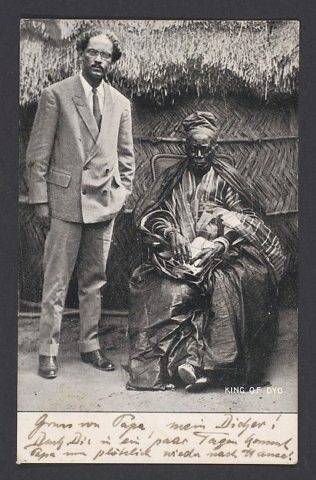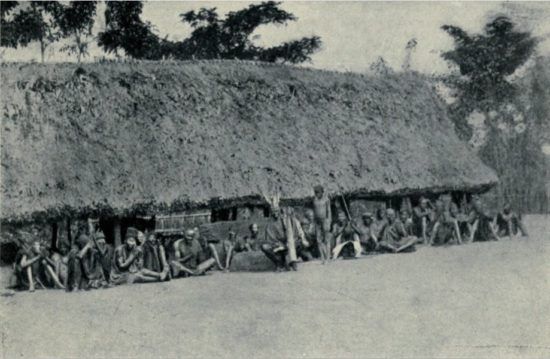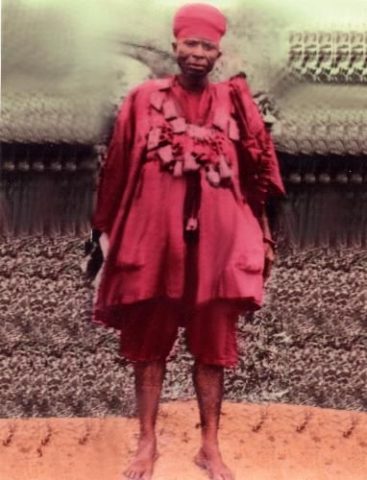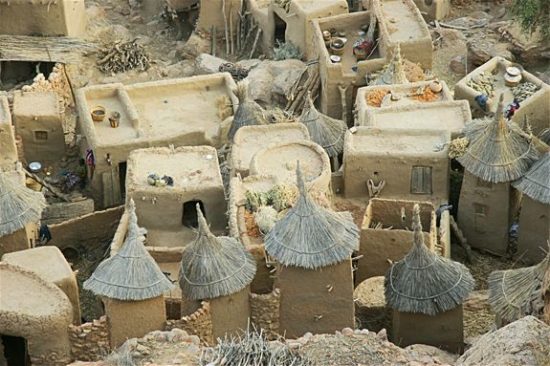The war of Owiwi took place in 1832 between the Ijebu, Ibadan, Ota, and Egbado.
What made the war of Owiwi important is the destruction that spread across a vast region in Yoruba Land, the war that lasted close to two years.
It is believed that the Egba people were ruthless during the war as the war that befell them before they moved to Abeokuta, their new settlement still lingers.
Egba people moved out of their original settlement two years before the war due to the inter-tribal war that led to the destruction of their communities.
Egbado-Land, a region not far from Abeokuta, was used as the place of operation during the war. Egbado people are a Yoruba group that consists of Egun, Aja, Awori, Anago, Ketu, egbado. They are settled at the eastern Nigerian-Dahomey boundary.
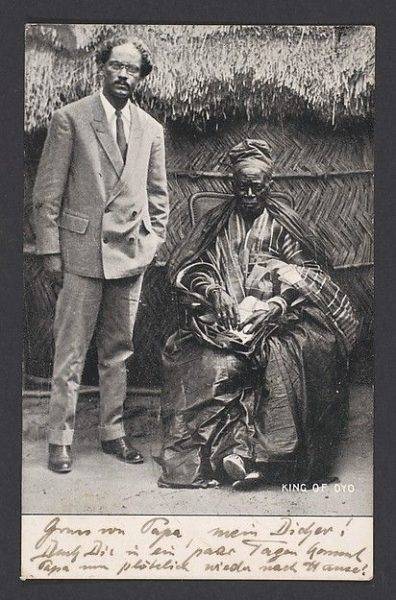
The Egba-people rise in Abeokuta into a powerful force did not go unchallenged from other Yoruba groups as they became rivals in all commercial activities.
It reignited the feud between the newly settled egba people and the Ijebus as the Egba traders are now seen as a significant rival to the Ijebu and the Ibadan traders.
The Owiwi War – Ijebu, Ibadan and Egbado against the Egbas
To deal with the growing power of the Egba people, Ijebu teamed up with Ibadan and made Egbado the base in which they will launch their attack against the Egba people. It was intended to be the total annihilation of the Egba.
Although Ibadan was waging war against Ipetumodu during the time, They still sent units of the army with help from Otta to wage war against the Egba. Notable warriors on the Egbado, Ibadan, and Ijebu side are Lapala, Ajise, Kalejaiye, Osilalu.
Meanwhile, Some Egbado groups had decided not to join forces against the Egba, leading to internal disputes among the egbados. The Egbado group that did not join forces against the Egbas are Ilewo, Ibara, Ishaga.
Adele and Bobani had raised forces to help the egbas from Badagry. The forces marched towards Ado, but they were refused passage.
The attitude of these communities towards Adele’s forces eventually led to a war, the “Adele war.”
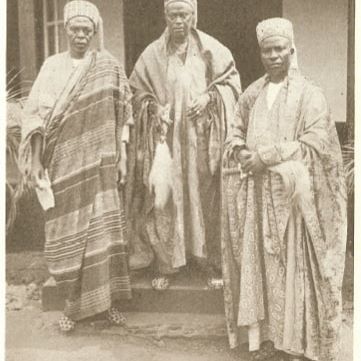
The forces camped at Koboro, near the Owiwi river. While in position to attack the egbas, Sodeke and his army ambushed the unit, destroying it.
Lapala, one of the war chiefs of Ijanna who led the forces from Ota, was also killed at the battlefield.
The survival of the ambush fled, but the egbas led by sodeke followed in pursuit. At this stage, it was revealed to the egba people that some Egbados had played a significant role in the attack against them.
Egba army went after the Egbados; after egba had been cleaned of invaders, the egbas turned to the egbado towns that supported or engaged in the war.
The egba army led by the Bada of Kemta, Apati, attacked Ilaro, where many people were killed and displaced. Those displaced fled to Ijanna while the king and his family fled to Ifonyin.
Egba forces did not stop going after the fleeing egbados leading to the invasion of Ijanna. Upon noticing the strength of the egba warriors, Akere, who was the Ijanna war chief, led the fleeing Ijanna and Ilaro refugees to Refurefu.
Some people from Ijanna settled at Refurefu while some fled to Ifonyin, where the Olu of Ilaro had fled to, which made him fled again to the Itoro town, his mother’s town.
Egba warriors led by Sodeke heard that the Olu had fled to Itoro, so they invaded the village, caught up with him, and killed him.
Meanwhile, in 1834, Ibadan regroups to attack the Egbas but was heavily defeated by the Egba warriors. The war is called the Arakanga war.

